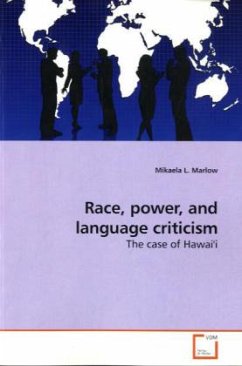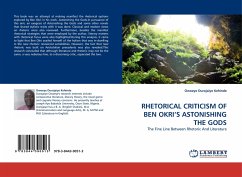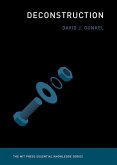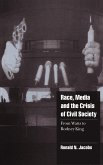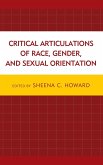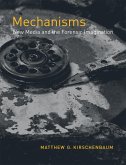A plethora of research has been devoted to understanding the ways in which language attitudes shape speech, social interactions, and language survival. However, much of this work has overlooked the communication interactions that characterize language evaluations and feedback. This book extends previous work in this area by exploring language attitudes, norms, and criticism in the Hawaiian Islands. The first study explores the ways in which cultural group membership define expectations of language use. The second study assesses language criticism and feedback across familial, social, educational, and employment contexts. The third study employs quantitative and qualitative methods to assess the ways in which race and power dynamics shape perceptions of language criticism and reported responses. To conclude, the book introduces the Receiver Model of Language Evaluation and Feedback, to account for the variables that shape responses to language criticism. Also, future research assessing language criticism is discussed, in order to promote more focused inquiry into the complex communicative interactions that inevitably develop during multilingual and multicultural interactions.
Bitte wählen Sie Ihr Anliegen aus.
Rechnungen
Retourenschein anfordern
Bestellstatus
Storno

